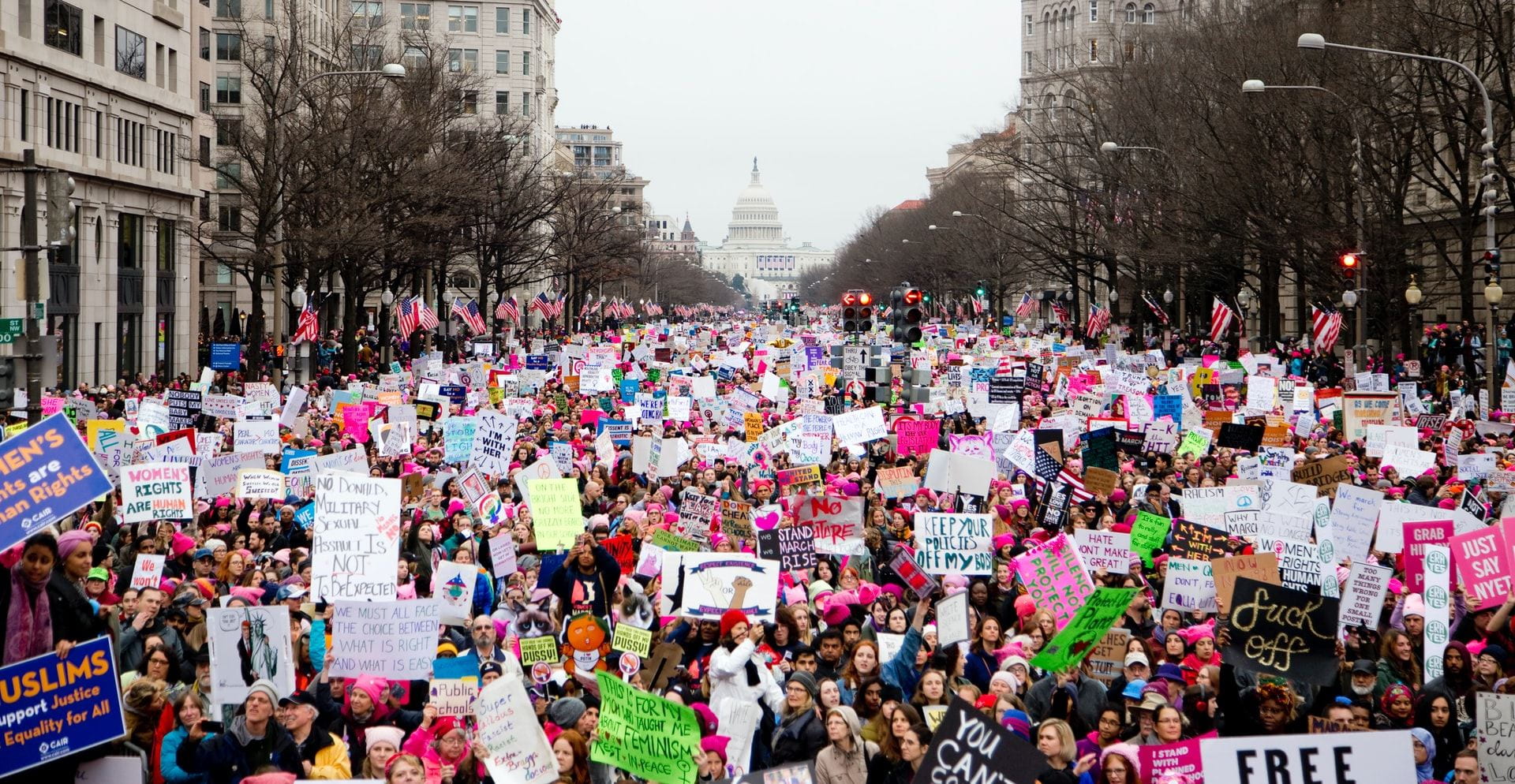This post is a guest blog written by Karen Sherman, President of Akilah.
2020 was a horrific year on several fronts, but it was a particularly hard one on women. As an international development professional, I’ve spent years working in countries ravaged by war and conflict, some of the worst places to be a woman. And yet the reality for many women and girls today is worse than what I witnessed in places like South Sudan, Afghanistan, and the Democratic Republic of Congo (DRC). The pandemic that has taken more than a million lives has heightened the long-standing issues and inequalities for women and girls, just as it has for communities of color.
Violence against women, already at pandemic levels before the crisis, has spiked due to prolonged confinement, increased economic pressures, and substance abuse. Scores of school-aged girls have been raped since the lockdowns. Child marriages and teenage pregnancies have also increased, due in part to the disruption of medical care and family planning services. According to Joyce Banda, Malawi’s first female president, 15,000 Malawian teenage girls have become pregnant since the pandemic began, most of whom will never return to school.
The disparities in workload and compensation between the sexes have also been exacerbated by the pandemic and large numbers of American women have dropped out of the workforce entirely. “Of the more than one million workers aged 20 and over who left the labor force in September, 865,000 were women,” writes Kim Brooks on the failure of feminism for The New York Times.

Yet if there is a silver lining, it’s that the pandemic, like war and conflict, creates a window of opportunity for women to renegotiate their rights. Coupled with an incoming administration inclined to support gender equality, there is a chance to change the status quo for women and girls for good.
Regaining lost ground after the last four years will take time and focus—advancing the global women’s agenda must be among the top priorities.
Where to begin? Two things can make a fundamental difference in the lives of women and girls everywhere: 1) an education; and, 2) the ability to earn an income. The two must go hand-in-hand.
Why? While gaining an education helps women to find their voice, earning an income is what gives women the power to make their own choices. These choices can include how money is saved and spent, whether children (especially daughters) can attend school and for how long, what to do when faced with domestic abuse, and more.

The Malala Fund estimates that one billion girls and young women around the world still lack the education and skills they need to participate in the labor market. So how do we keep girls in school longer and help them transition into the workforce? First and foremost, by ensuring that their mothers are educated and able to earn an income. Second, by enacting policies and incentives that promote pay equity in the workforce and increase equality at home—things like paid paternity leave and affordable child care. When women earn fair wages for their labor and men and boys do their fair share of the unpaid care and domestic work, it’s easier for women to work and girls to stay in school.
The kind of education also matters—skills like critical thinking, leadership, and collaboration are musts, along with digital literacy skills, and access to technology and the internet.

Helen Reddy of “I Am Woman” fame was one of those we lost in 2020. As I listen again to her decades-old anthem, I am struck by the truth of her lyrics. This past year, I learned more about our vulnerability as women, yes, but also about our invincibility. 2021 is our year to roar.


Karen Sherman is the president of Akilah, East Africa’s preeminent institute for women’s leadership and career development, and the author of Brick by Brick: Building Hope and Opportunity for Women Survivors Everywhere, published in 2020.


Be First to Comment